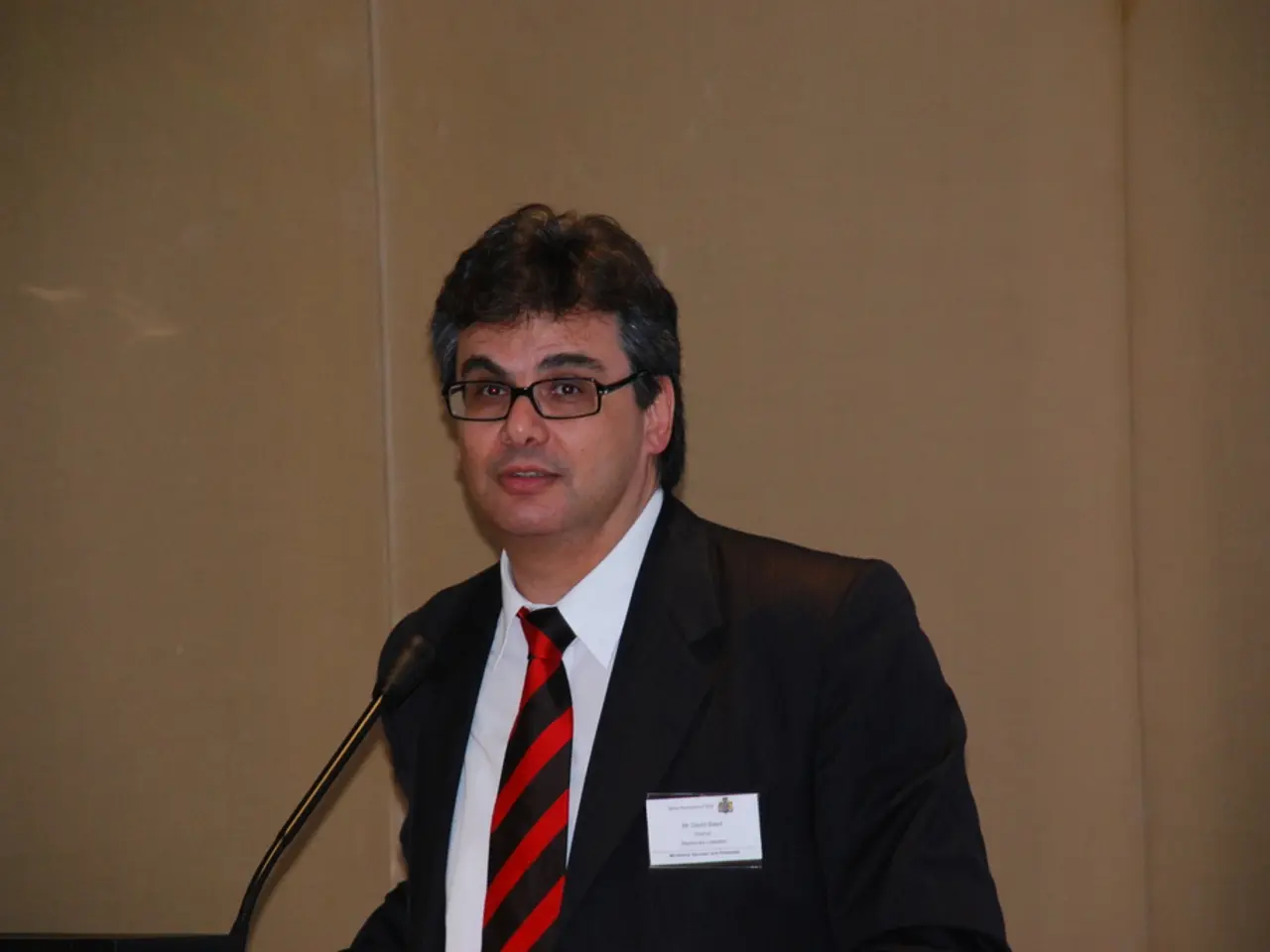Nobel Prize in Medicine 2025 Honors Trio for Autoimmune Disease Breakthroughs
The 2025 Nobel Prize in Physiology or Medicine has been awarded to Mary E. Brunkow, Fred Ramsdell, and Shimon Sakaguchi. The trio was recognised for their groundbreaking work in 'peripheral immune tolerance', which prevents autoimmune diseases. Their discoveries have laid the foundation for therapies in autoimmune diseases, cancer, and organ transplants.
Sakaguchi began this journey in 1995 when he discovered regulatory T cells, which shield the body from its own immune reactions. Brunkow and Ramsdell then identified the Foxp3 gene in 2001, which controls these regulatory T cells. When mutated, the Foxp3 gene leads to severe autoimmune diseases. Sakaguchi connected these findings by showing Foxp3 governs the development and function of regulatory T cells, helping the immune system differentiate between self and non-self cells.
Brunkow has been affiliated with the Benaroya Research Institute, while Ramsdell has worked with the National Cancer Institute (NCI) at various points between 2001 and 2025. Their collective efforts have significantly advanced our understanding of the immune system.
The Nobel Committee has awarded the trio the 11 million Swedish kronor prize (approximately €950,000), to be shared equally. The prize will be presented on December 10 at the Stockholm City Hall. Their work continues to influence research and therapies in autoimmune diseases, cancer, and organ transplants, with potential to improve millions of lives worldwide.





